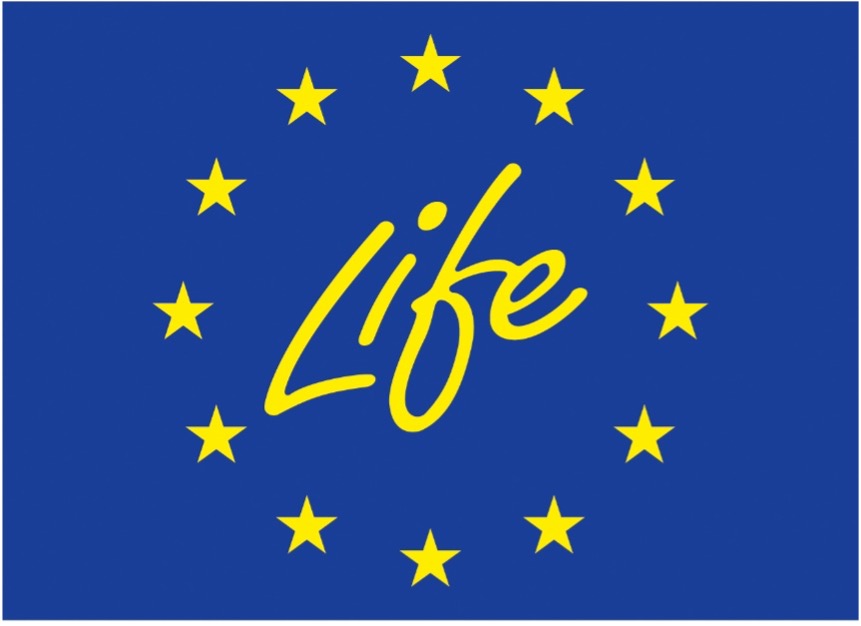Consortium
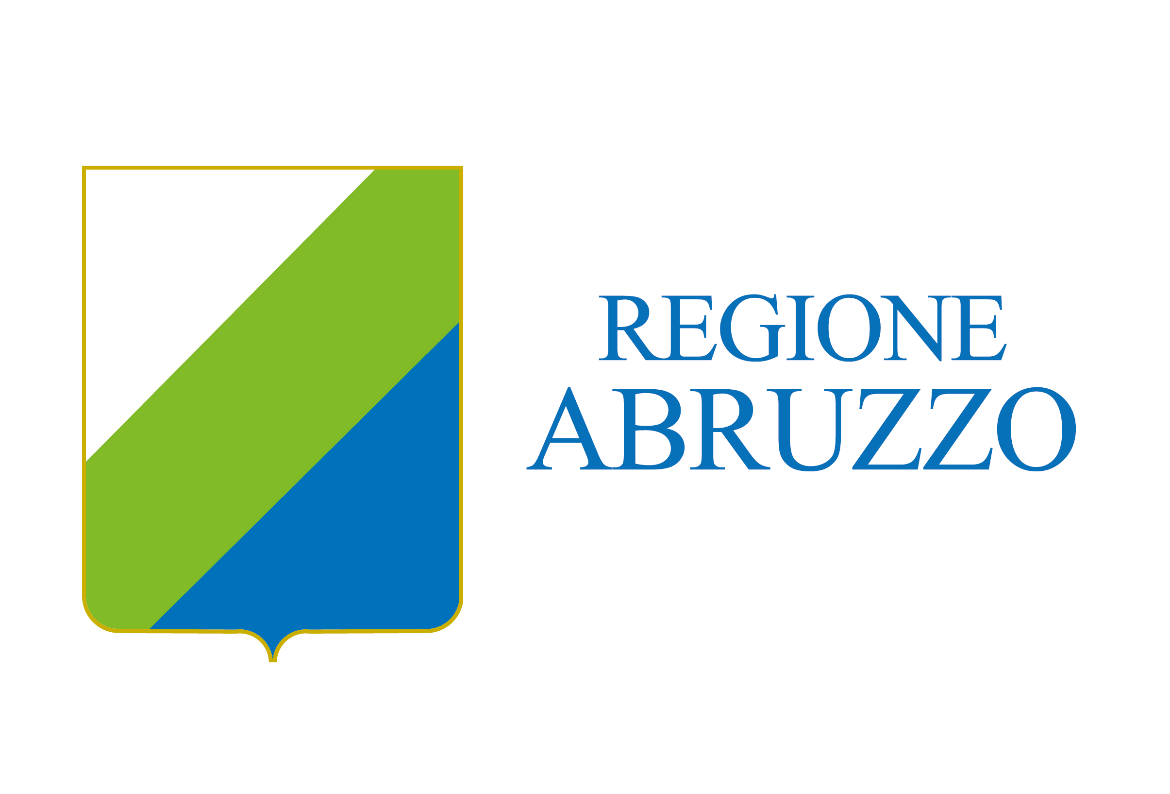
Abruzzo Region is divided into a General Direction, 8 Departments and 3 Autonomous Services counting, as of 1st January 2021, on 1377 employees in service. The Departments in turn are structured into Services, each with their own skills and organized into offices. Among the functions attributed to them are the planning of national and European resources and institutional and territorial reforms also through partnership sharing and the participatory process. The regional tables and thematic atelier, classified in line with the five policy objectives (a smarter Europe; a greener Europe; a more connected Europe; a more social and inclusive Europe; a Europe closer to citizens), are the places for sectoral and specific comparison with the territory. Sustainable development is the basis of regional planning and, with the aim of achieving the 17 goals of the 2030 Agenda and the ambitious energy and climate targets for 2030 and 2050, the Region has identified hydrogen as the key driver for decarbonisation and the energy transition. As such, the Region has established a permanent regional table on hydrogen which, also in the context of the atelier, addresses the necessary technical insights. The Region is also working on the Regional Sustainable Development Strategy in coordination with the Regions of Central Italy and universities and has adopted the regional climate profile and guidelines for the Climate Change Adaptation Plan. The Region, in the implementation of the bottom-up strategy and the participatory process, is therefore strongly connected with the stakeholders with whom it participates, in addition to the activities described above, in a plurality of initiatives and projects. It also participates in the Task Forces and National Committees of European Territorial Cooperation and is a member of numerous national, European and international associations such as AER (Assembly of European Regions), FEDARENE (EU Federation of Agencies and Regions for Energy and Environment) and Under2 Coalition.
Società Chimica Bussi

Società Chimica Bussi (“SCB”) is an historical chemical company based in Bussi sul Tirino (Pescara) belonging to the Gestioni Industriali Group (“GIG”), the main national operator in the electrolytic base chemicals segment.
SCB in its production site is engaged in two business lines, chlorine derivatives and organics, in the production of a liquid and solid chemical product widely used in the field of disinfectants, bactericides, water treatment and detergents. Furthermore, SCB is constantly involved in the development of innovative products and processes focused on environmental sustainability with particular reference to the water treatment sector. The company operates in an owned industrial area extended for about 23 hectares.
SCB already produces green hydrogen through electrolytic processes powered by hydroelectric energy, a part of which is currently not used and therefore available to be captured, purified and compressed as raw material or fuel for activities with reduced impact in terms of CO2 emissions and in a circular economy perspective.
CITRAMS - University of L'Aquila

The Interdepartmental Research Center for Transport and Sustainable Mobility (CITraMS) of the University of L'Aquila involves the 7 Departments of the University, Regione Abruzzo, Società di Trasporto Unico Abruzzese (TUA) and several national and international experts in the field. It was therefore born with a high international vocation and a transversal scientific approach between the engineering, computer science, mathematics, physics, chemical, medical, neuroscientific and humanistic disciplines. The objectives of the Center include:
- Promoting and disseminating the culture of sustainable mobility in the various areas;
- Promoting the interdisciplinarity nature of the issues of analysis, proposition and experimentation connected to the different transport systems and methods and to their social, economic and environmental impacts;
- Triggering partnership processes between universities, research centers, public bodies and companies in support of strategic sector research;
- Promoting agreements and relationships with public bodies and companies to generate direct and indirect attractiveness and investments;
- Developing national and international cooperation networks;
- Integrating research activities with those of higher education;
- Developing specialized professional training in the reference sectors;
- Offering scientific support to companies and public and private entities to encourage the development of new socio-territorial processes and dynamics, also with the aim of promoting national and international cooperation networks.
Autorità di Sistema Portuale del Mar Tirreno Centro Settentrionale

The Port System Authority of the North-Central Tyrrhenian Sea is a body with legal personality of public law and administrative autonomy. It has financial, budgetary and administrative functions.
The Port System Authority is the governing body of the port territory, within whose circumscription are included the ports of Civitavecchia, Fiumicino and Gaeta.
The main functions of the Authority are:
- address, programming, coordination, promotion and control of port operations and other commercial and industrial activities carried out in the ports, with powers of regulation and ordinance;
- ordinary and extraordinary maintenance of the common parts in the port area, including the maintenance of the seabed;
- entrusting and controlling activities aimed at providing port users with services of general interest against payment;
- coordination of the administrative activities carried out by public bodies and organisations within the ports and maritime State property areas included in the territorial district;
- exclusive administration of the areas and goods of the maritime State property included in its own district;
- promotion of forms of connection with the back-port and inter-port logistics systems.
Port Mobility
Port Mobility is beneficiary partner to the LIFE 3H project, aimed to set up, demonstrate and exploit 3 Hydrogen Valleys in the Italian central regions, through the implementation of H2 busses in the public mobility. Port Mobility is a private company which perform public services thanks to the Convention stipulated in 2005 with the Civitavecchia Port Authority (now Authority of port system in the North-Central Mediterranean Sea). Main services are people transport, parking areas management, info-mobility and port infrastructure maintenance. The people transport is implemented with two different services: one only for cruise passengers that link the cruise terminal to the Civitavecchia train station, and one for all port users, especially ferry passenger, that connect all the areas inside the port.
In this role, Port Mobility participate to the project as LTP operator implementing the H2 busses in services that manage in the port. The H2 busses will be part of the fleet that normally perform the transport service managed by Port Mobility for cruise passengers. When no cruise ships will be moored at Civitavecchia’s port, the H2 busses will be used for the shuttle service for all port users. Afterwards, Port Mobility will support the collection of data and information regarding the impact of the project actions.
Rampini
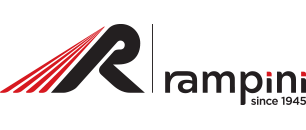
The history of our company started in 1945 in Umbria, the green heart of Italy. For 70 years now, at Rampini, we have been producing the jewels of Italian mechanics, developing products which have a high technological content and are increasingly environment-friendly. Innovative design has always been our linchpin, and still characterises our development path. Constant progress, from a quality and quantity perspective, has led us at Rampini to becoming one of the most important Italian manufacturers. A well-established family-run business, an exemplary small and medium-sized enterprise in Italy.
Our headquarters in Passignano sul Trasimeno, in the Perugia province, are a hub of efficiency and technology. Strategic design and marketing activities, combined with our major productions and with the professionalism of our technical and operational staff, allow our company to design and implement projects with a very high technological content, meeting all our customers’ requirements. Passion, fairness and versatility have always been the strongholds of our company.
We build what we design
Our fundamental point of strength is our design capability. An advanced capability which, over the years, has led us to achieving a leadership position within our reference market. Our choices are always driven by a precise philosophy based both on human resources (more than 15% of our staff consists of highly specialised design technicians) and on cutting-edge technological instruments, using the most modern and sophisticated equipment. All Rampini products, before being marketed, are carefully tested.
Eco-friendly mobility
Being future-oriented means caring for the environment. It is with this goal in mind, today, that our company designs and manufactures.
The GM Fabio Magnoni: “We intend to improve our knowledge day after day, in order to obtain products whose environmental impact is less and less invasive. Electric vehicles are the most concrete way forward towards smart and eco-sustainable mobility. This will play a pivotal role in the public transport industry in future years”
Snam 4 Mobility
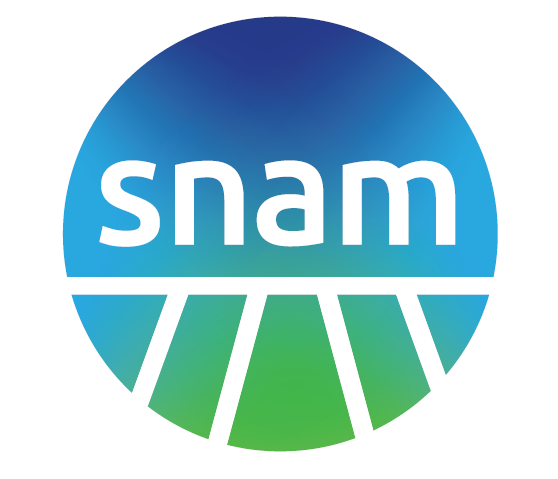
Snam4Mobility is the company, 100% controlled by Snam, which has the mission of supporting the growth of sustainable mobility, favoring the development on the national and international territory of the infrastructure and technologies for natural gas transport. Snam4Mobility builds methane, biomethane (produced by Snam4Enviroment, 100% controlled by Snam) and H2 refueling infrastructures, open to the public and private (for fleets). Its mission is to support the path towards the decarbonisation of transport, favoring the use of compressed NATURAL GAS (CNG), liquid (LNG), biomethane and HYDROGEN. In particular, the company deals with developing technologies and know-how for innovation, creating infrastructures for refueling stations (150 stations opening in Italy) and smart charging solutions (Fuel Maker). It is a system integrator for development of green mobility solutions and engages in Advocacy activities to raise awareness on the advantages of green fuel and promote the evolution of supporting regulations. Snam's prospect, by 2050, is to transport fully decarbonised gas (both hydrogen and biomethane), helping to strengthen Italy's role as a European hub, also with a view to exporting clean energy to Northern Europe. 50% of the approximately 7.4 billion euros of the company's 2020-2024 business plan are dedicated to the replacement and development of assets according to standards that are also compatible with hydrogen. The existing infrastructure, now used for natural gas, can be used to transport hydrogen.
Comune di Terni
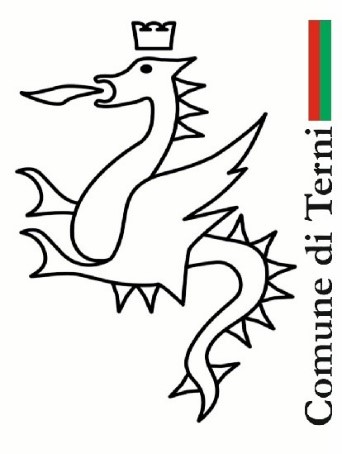
With a population of over 110.000 inhabitants, Terni is Umbria’s second largest city. Dated back in ancient times, Terni is placed at the crossroad of 2 important rivers, the Nera and the Serra, and is surrounded by the enchanting landscape of hills and mountains of Umbria’s beautiful countryside. In the mid-1800s, Terni’s large availability of water resources, particularly the Marmore falls, made the city rise as an industrial pole of national strategic importance, hence increasing the number of new industries relocated in its territory such as, inter alia, chemical and steel factories, hydroelectric plants, arms industries. Over the years such early industrialization and heavy production have caused several environmental problems, with in primis, the deterioration of the air quality. All these problems have recently been centre of attention and intervention, with strategies adopted at city and regional levels. Today Terni is committed to implement policies supporting, inter alia, circular economy, sustainable transport, air pollution control. In such framework a new mobility based on the increase of hydrogen and electric vehicles as well as participation to the LIFE3H project, represent a more stringent commitment of the City Council that hence demonstrates a paradigm shift from past unsustainable development.
TUA

TUA Spa is the local public transport company. With around 1350 employees, it manages around 60% of the road passenger transport service in Abruzzi region and coordinating the activities of private sector owned operators to provide additional services, for a total production of around 29 million kilometres per year.
TUA's fleet consists of around 900 buses, 12% of which are powered by methane. As part of the ecological transition, the company management intends to pursue a fleet renewal strategy oriented towards differentiated solutions, with the aim of achieving the highest possible level of environmental compatibility and sustainability in each different service area.
TUA has embarked on a process of renewing the company vehicle fleet that will allow the gradual replacement of diesel vehicles with modern vehicles with a reduced environmental impact, initially powered by natural gas, then with the gradual integration of electrically driven buses, until the introduction of hydrogen buses (FCB).
UNeed.IT

UNeed.IT is an innovative start-up specialized in planning and implementation of sustainable mobility systems, with study and research activities focusing on emerging scenarios in the transport sector. Its ambition is to promote the sustainable development of our society, contributing to the achievement of the following Sustainable Development Objectives adopted by the United Nations.
The company carries out its activities in close cooperation with the clients through the full project life cycle, from initial study and concept development to planning and design, implementation and monitoring, evaluation and assessment with interdisciplinary and integrated approach. UNeed.IT primarily focus on mobility study, e-mobility, policy and regulatory framework, financing strategy, road infrastructure and urban planning and freight logistics transport.
In the last two years, UNeed.IT has been actively involved in various international mobility projects, namely “Pathways to Electric Mobility in Ouagadougou and Bamako – Phase I and Phase II” (Burkina Faso and Mali) funded by the World Bank. It is also worth mentioning project “Developing a Regulatory Framework for Electric Mobility in Angola” funded by AfDB where it conducted legal and regulatory analysis with the purpose to support the deployment of electric mobility in Angola, by embracing legal, financial and socio-economic dimensions. UNeed.IT is a partner of “Electric Microvehicle for Stand-Alone and Shared Mobility – LEONARDO” project, an innovative micro-vehicle based on the smart fusion of monowheel and e-scooter which will be a game changer of mobility in urban areas, “Life for Silver Coast” and “ELVITEN” all funded by the EU.
Università di Perugia (UNIPG)
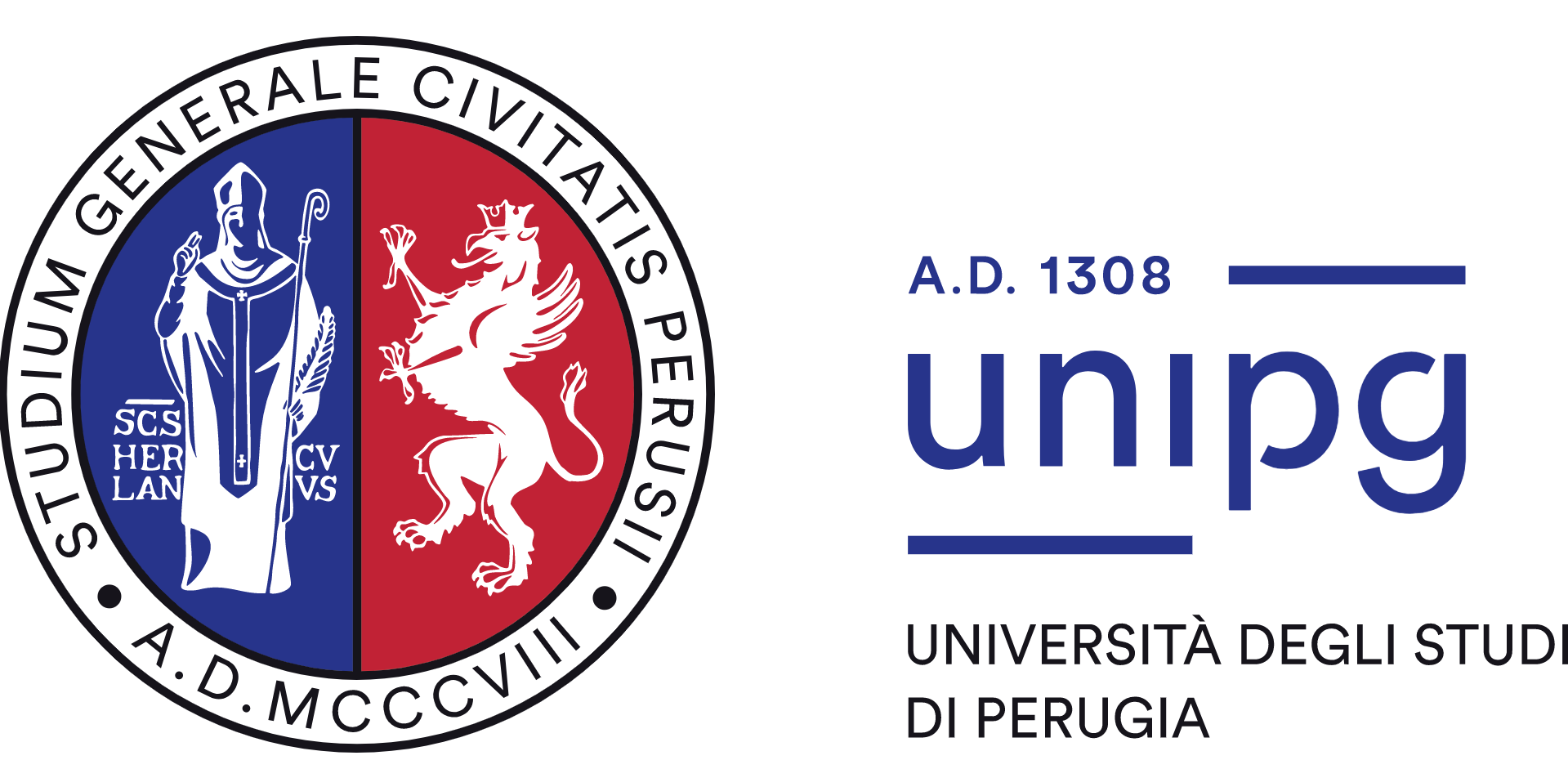
The University of Perugia (UNIPG) is a public higher education institution founded in 1308. It is one of the oldest universities in Europe.
Research, education and consulting activities are organised in 14 Departments, with about approximately 25,000 students, 1,100 professors and researchers and 1,100 staff members. With a comprehensive offer of degree programs covering nearly all fields, Unipg combines a long and solid tradition of excellence with a commitment to innovation and an interdisciplinary approach that ensures students the acquisition of flexible educational training based on a mixture of skills and abilities. Post-graduate degrees are offered in top-rated specialisation schools and doctoral programs, as well a variety of masters programs in the various academic disciplines.
At the international level, the University remains firmly committed to developing collaborative relationships with EU and non-EU Universities (hundreds of working and cooperation agreements with European and extra-European universities, several degree programs already available conferring double degrees or European degree).
The European Commission has recently awarded the University the prestigious ECTS label for excellence in the application of the European Credit Transfer System in all of its degree programs (first and second cycles and single cycle), confirming the high quality of our expanded international endeavours.
With regards to the scientific activities, currently there are about 50 research groups that received grants from the European Research network. The scientific research and education conducted in the University Departments is amplified by the activities of numerous specialized institutes and centers.
Università degli Studi Guglielmo Marconi (USGM)
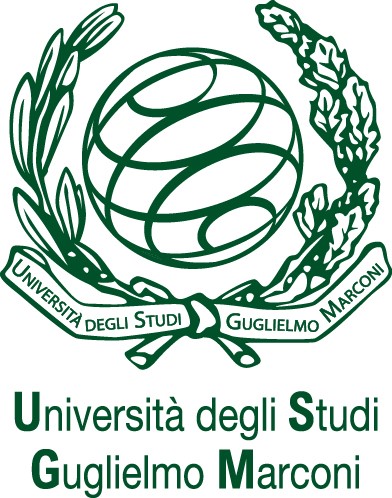
Università degli Studi Guglielmo Marconi (USGM) is the first Digital University recognized by the Italian Ministry of Education, University and Research (MIUR). It currently has 16.000 students enrolled across 6 Schools: Business, Law, Political Sciences, Applied Sciences &Technologies, Arts, Education Science.
USGM offers a wide range of lectures, workshops, and research ventures, exploring the use of technological advancements in education, providing interdisciplinary knowledge, skills and competences, with a particular focus on global perspectives, contemporary culture and digital transformation. USGM appears among the top 25 top performers worldwide in three categories of research according to U-Multirank ranking system, namely International Joint Publications, Open Access Publications and Regional Joint Publications (https://www.umultirank.org/university-rankings/top-performing-universities/2021/).
The University’s mission is to grant academic excellence and innovation, providing students with tailored, affordable and high-quality learning opportunities.
USGM educational approach combines traditional learning with advanced technological solutions, offering distance learning methodologies (online classes, virtual labs and simulations) with interactive training activities (lectures, seminars, laboratories, review and in-depth sessions). The University also offers on-campus production and postproduction laboratories, the Marconi Studios, for Cinematic Arts and Digital Media, where students can apply their knowledge and get practical training experience.
In 2021 USGM created the “Unimarconi Innovation Hub”, a portfolio of innovation initiatives addressing 6 key thematic areas: Technological Transfer, Entrepreneurship, Innovative Ecosystem, Public Engagement, Lifelong Learning, Internationalization (www.youtube.com/watch?v=A4xvf4xL5Aw – https://www.unimarconi.it/terza-missione/)





